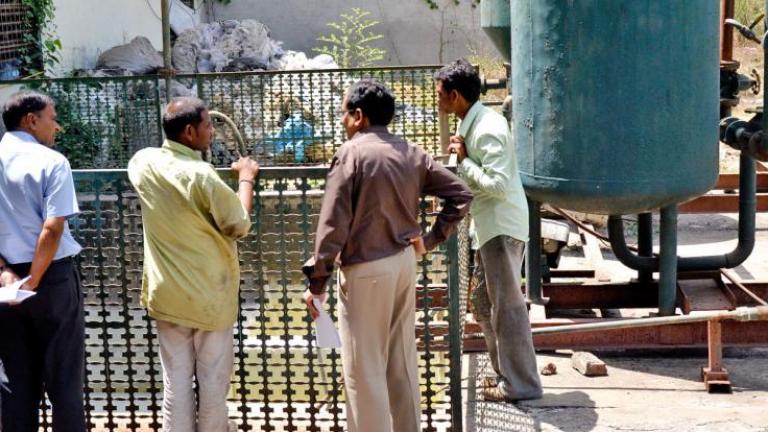
Many countries have strong environmental regulations, but they need to be followed and enforced to effectively reduce emissions. In some settings, auditors are often managed and paid by the company they are inspecting, creating a conflict of interest. This may compromise the reliability and effectiveness of audits and, subsequently, the effectiveness of environmental regulation.
Research by J-PAL affiliates Esther Duflo (MIT), Michael Greenstone (University of Chicago), Rohini Pande (Evidence for Policy Design, Harvard University), and Nicholas Ryan (Yale University) has shown that making environmental auditors more independent improved the accuracy of pollution audit reports and led industrial plants in the Indian state of Gujarat to reduce their emissions. Based on the results of the randomized evaluation, the Gujarat Pollution Control Board (GPCB) reformed its environmental auditing system in 2015, issuing new guidelines that require random assignment of environmental auditors. Members of the research team continue to work closely with officials in Gujarat and other Indian states on environmental policy design and evaluation.
Image Credits: Vipin Awatramani | J-PAL





